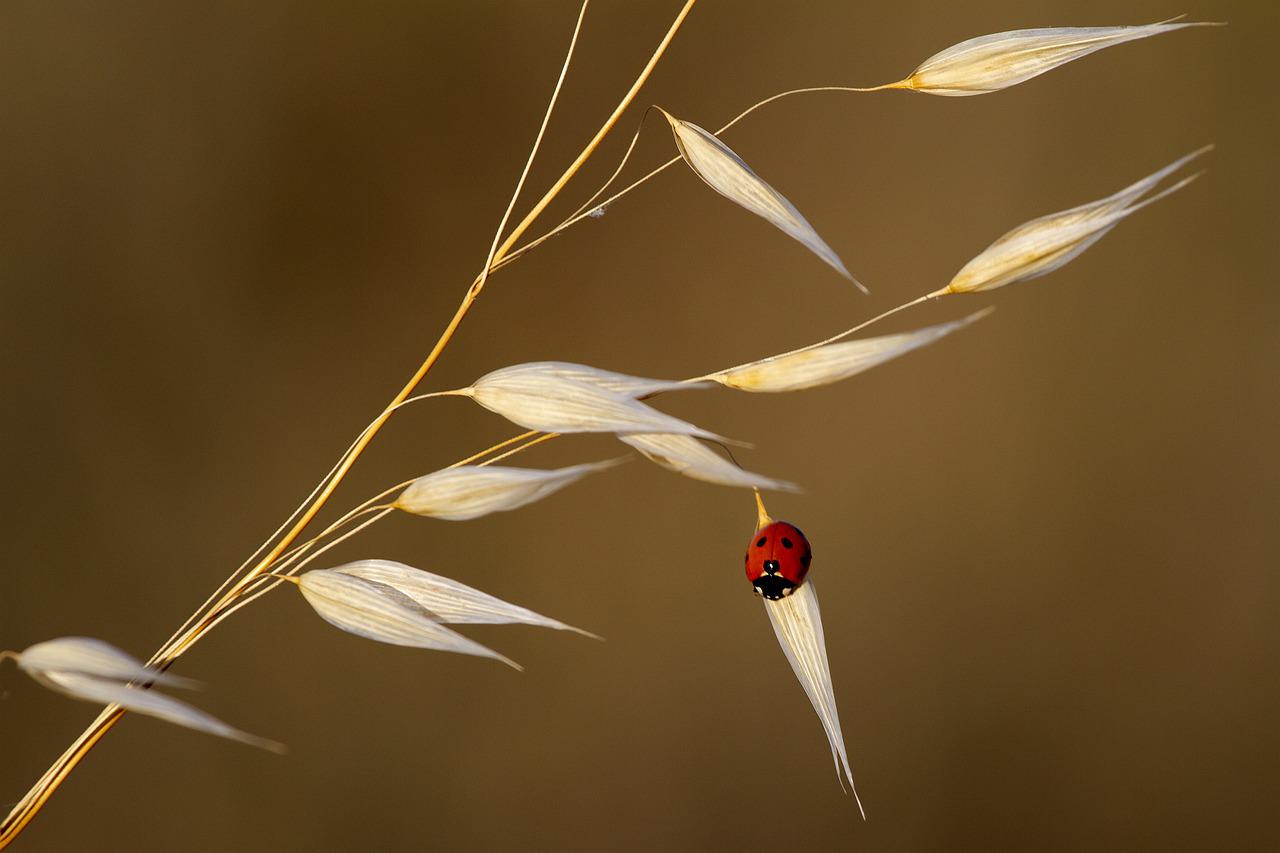

ladybug, insect, animal @ Pixabay
People often use the phrase dub of weed to refer to a smaller amount, such as a quarter weight, or a dub sack. But what does “dub” mean? The term dub has existed for decades and is typically used in Jamaican patois and other British dialects. The root word “dub” may be found in words like double, doobie (a marijuana cigarette), doubloon (an ancient Spanish gold coin) and doo-wop (the harmony singing style invented by African Americans in the 1950s).
The concept of mixing an illicit substance with a less-than-a-dub amount of another illicit substance, whether to create a more potent form for the same price (a goober, in the parlance of pot smokers) is not new. The ancient Greeks mixed cannabis into wine, the Chinese smoked poppy seed or cannabis tea and the Sicilians used hemp leaves to give their wines a special flavor. Most substances have been mixed with additives at some point for various purposes and in various social contexts. In many cases you can learn about these alterations in history by using words like “tar,” “hay,” “brandy” or “gin.
There are several types of “dubs” or small quantities of cannabis, which include splash-backs (a half-ounce or less), drop-offs (one to four ounces) and “dub parties”(five pounds or more). However, today’s marijuana market is more diverse than ever, so it’s difficult to arrive at any general historical conclusions. The only substantial part of the cannabis market that can be dated with certainty is the one that involves retail transactions between dealers.
The first recorded use of the word “dub” happened sometime in the mid 1900s. The term was used to describe the use of a special pipe, called a “dub silvern pipe,” which was made of silver for smoking marijuana. The most popular dub silvern pipes were manufactured in Los Angeles, California and Harlem, New York. In the 1970s, the dub pipe fell out of use.
Nowadays, dubs of weed are usually sold by weight (dub) or volume (bucket), and they can be used as currency, such as in a bet or drug deal. However, this practice is seldom recorded in law enforcement reports or newspapers because it has no value in any other form. Dubs of weed are basically worthless unless they are purchased from or sold to dealers or other drug users for a profit. In other words, the only reason someone would get a case of bud for $100 is if that person was selling it for $100 in order to purchase some kind of illicit narcotic so that he/she could make money with the difference.
It is possible to get a good deal if you know where to get it. You will not only save money but you’ll also avoid getting ripped off in the process. It is easy to barter when it comes to dubs of weed as marijuana is usually sold by weight and price tags are attached to each type of cannabis.
However, selling drugs in this manner is illegal, obviously. As such, people usually prefer selling in bulk quantities (like an ounce or more) instead of small deals because the risk of getting caught increases exponentially with each “dub” sold or purchased.
The going rate for cannabis has remained relatively stable over the years. The price of an ounce in Washington fluctuated between $250-$500 in 2012 and before that in 2011, between $200-$500. The only recent dramatic change was a slight increase of 20 percent or so due to taxes on cannabis imposed by the state government.
However, it is also important to remember that these prices are an estimation of what people are willing to pay for their weed, not what they are actually spending. In reality, people adjust their consumption and purchasing habits based on supply and demand rather than paying a fixed amount for every single deal.
It is easy to barter when it comes to dubs of weed as marijuana is usually sold by weight and price tags are attached to each type of cannabis. However, selling drugs in this manner is illegal, obviously. As such, people usually prefer selling in bulk quantities (like an ounce or more) instead of small deals because the risk of getting caught increases exponentially with each “dub” sold or purchased.
Dubs of weed can be obtained from friends and acquaintances, online exchanges (especially on social media), or through dealers in person. Dubs may also be obtained for free (i.e. you “donate” them to a drug dealer for free, who then decides to give you something in return for the weed).
One can ask a friend or family member who has marijuana for his/her own use. In some cases, this is even legal if you have a medical marijuana card (not true in California, though). Otherwise, one can go to his/her nearest cannabis dispensary (e.g. if you live in Washington state, go to one of the Puget Sound stores such as Seattle Cannabis Co., The Green Solution, Happy Life Collective or Om Edibles) and ask the employee for “some.dub.” Some people even buy weed with their friends.
key out your commercial enterprise is a all-important tone in establish your firebrand identity and…
As we search backwards on spirit, the transit of sentence often find like a blur.…
Debut Arouse news for button partisan as the discussion appointment for The Final of Us…
Great intelligence for all the lover of the iconic Joker movie! The highly-anticipated Turkey 2…
Attention all Highschool of the Dead rooter! The extremely anticipated dismissal clip for the raw…
The CBSE 12th Consequence 2024 equal one of the about awaited declaration for scholar, parent,…
This website uses cookies.